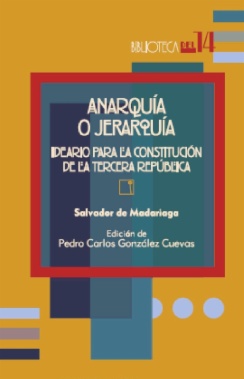
Estás filtrando por
Se encontraron 1869 resultados en recursos

Compartir este contenido
Anarquía o jerarquía
Copia el enlace o compártelo en redes sociales
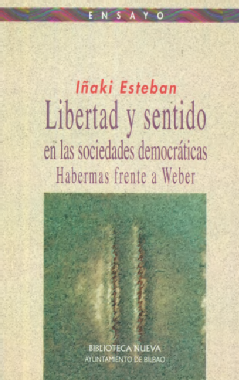
Libertad y sentido en las sociedades democráticas
Compartir este contenido
Libertad y sentido en las sociedades democráticas
Copia el enlace o compártelo en redes sociales
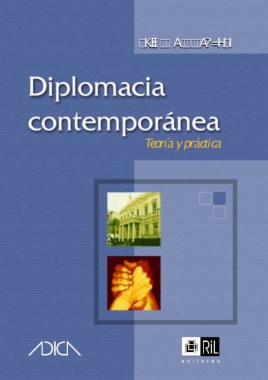
Diplomacia contemporánea : teoría y práctica
Compartir este contenido
Diplomacia contemporánea : teoría y práctica
Copia el enlace o compártelo en redes sociales
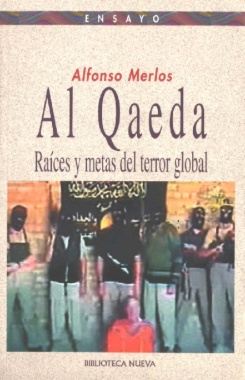
Al Qaeda. Raíces y metas del terror global
Compartir este contenido
Al Qaeda. Raíces y metas del terror global
Copia el enlace o compártelo en redes sociales
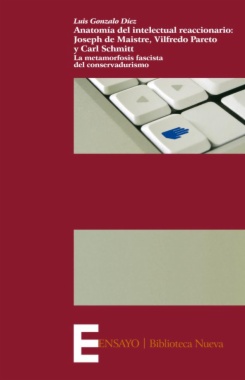
Anatomía del intelectual reaccionario: Joseph de Maistre, Vilfredo Pareto y Carl Schmitt : La metamorfosis fascista del conservadurismo
Compartir este contenido
Anatomía del intelectual reaccionario: Joseph de Maistre, Vilfredo Pareto y Carl Schmitt : La metamorfosis fascista del conservadurismo
Copia el enlace o compártelo en redes sociales
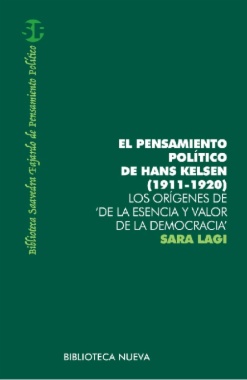
El pensamiento político de Hans Kelsen (1911-1920)
Compartir este contenido
El pensamiento político de Hans Kelsen (1911-1920)
Copia el enlace o compártelo en redes sociales
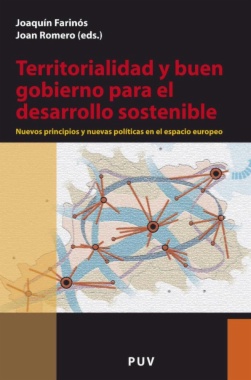
Territorialidad y buen gobierno para el desarrollo sostenible
Compartir este contenido
Territorialidad y buen gobierno para el desarrollo sostenible
Copia el enlace o compártelo en redes sociales
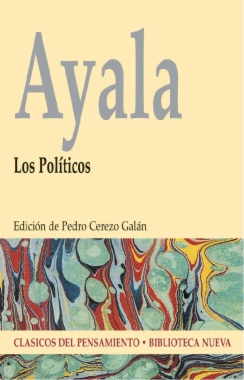
Los políticos
Compartir este contenido
Los políticos
Copia el enlace o compártelo en redes sociales
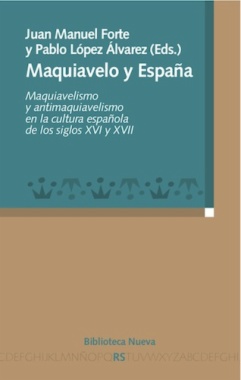
Maquiavelo y España
Compartir este contenido
Maquiavelo y España
Copia el enlace o compártelo en redes sociales
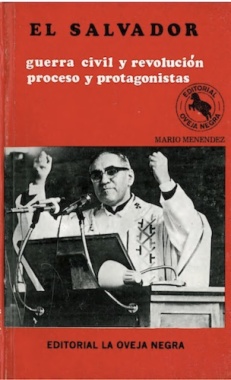
El Salvador : El por qué de esta guerra
Compartir este contenido
El Salvador : El por qué de esta guerra
Copia el enlace o compártelo en redes sociales
Selecciona las Colecciones en las que vas a añadir el contenido
Para consultar los contenidos añadidos busca la opción Tus colecciones en el menú principal o en Mi perfil.
